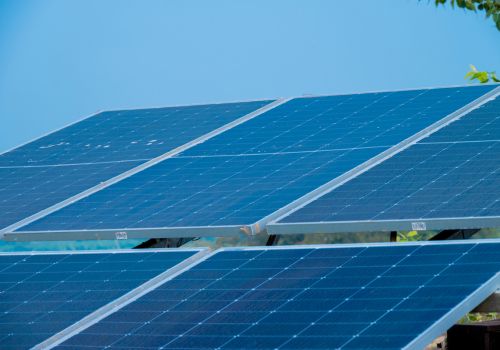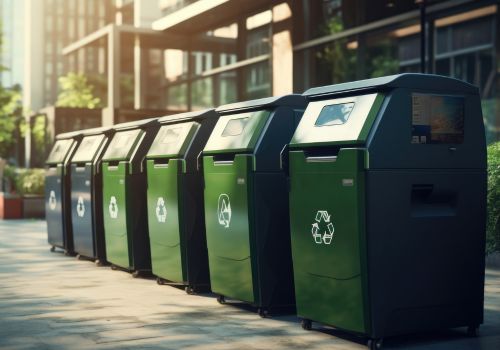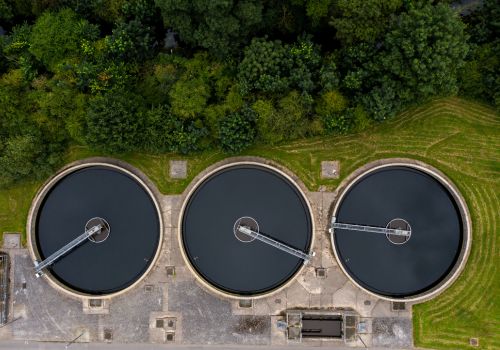A strategic approach that incorporates world-class practices with benchmark processes and innovative solutions, leveraging key technologies, lies at the core of our commitment to sustainability. The primary focus of our environmental sustainability initiatives is the improvement of energy efficiency, the accelerated adoption of renewable energy, and the careful management of water and waste.
We remain dedicated to enhancing resource efficiency and reducing our carbon footprint by incorporating sustainable practices and advanced technologies as we continue to optimize our operations. These endeavors are gradually propelling us toward our objective of becoming carbon neutral by 2030, which is indicative of our unwavering commitment to environmental sustainability.
Our Environmental Responsibility Framework
Responsibilities Climate Risk
- Mitigation Promoting
- Sustainable Practices
- Transparency in Reporting
- Product & Service Stewardship
Striving for
- Low-Carbon Intensity
- Water Conservation
- Green House Gas (GHG) Emission Reduction and Management
- Prudent Waste Management
- Transition to 100% Renewable Power
Our Initiatives
-
Emissions and Climate Change
Target
Become Carbon Neutral by 2030
Key Initiatives
- Energy Efficiency: Implemented advanced energy-efficient infrastructure to optimise resource consumption
- Renewable Energy: Increased share of renewables through Power Purchase Agreements (PPA), Green Tariffs, and rooftop solar projects
- Green Building Excellence: Prioritised Green building certification for new infrastructure expansion

Impact Achieved
- 64% reduction in GHG intensity per mUS$ revenue (vs 2020-21 baseline)
- 320KW rooftop solar capacity across Pune, Thiruvananthapuram, and Bengaluru
- 51% of total energy sourced from renewables
- Recognised with EcoVadis Bronze Medal for excellence in sustainability
-
Waste Management
Target
Achieve Zero Waste to Landfill by 2025
Key Initiatives
- Circular Economy Approach: Segregation and recycling of e-waste, office paper, plastic, and packaging materials
- Responsible Disposal of Waste: Disposal in line with the guidelines provided by the authorities

Impact Achieved
Zero Waste to Landfill
-
Water Management
Target
- 100% Wastewater Treated and Recycled
- Water Neutral by 2030
Key Initiatives
- Water Conservation: Implemented rainwater harvesting, sensor-based low-flow fixtures, and greywater recycling for landscaping
- Wastewater Recycling: Usage of treatment systems ensuring minimal freshwater dependency

Impact Achieved
Sustainable water usage through optimised infrastructure










